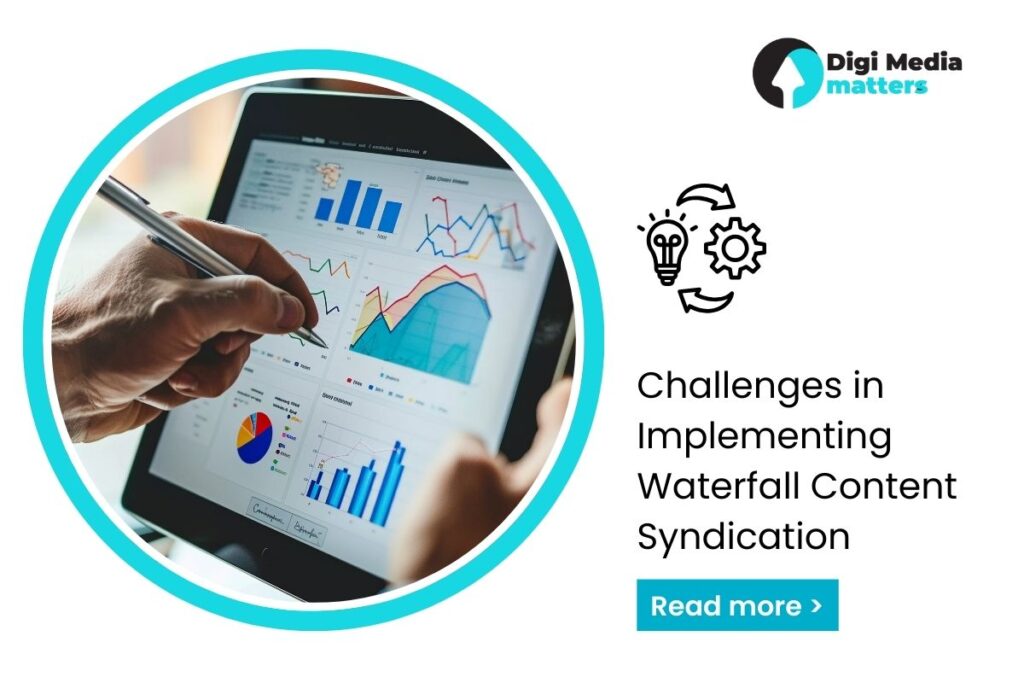
In today’s fast-paced business world, Human Resources (HR) departments are turning to generative AI tools to streamline processes and enhance productivity. These innovative solutions are revolutionising recruitment, learning and development, and employee experience. Let’s explore the exciting world of generative AI in HR and discover how these tools can transform your workplace.
What is Generative AI in HR?
Generative AI refers to artificial intelligence systems that can create new content, ideas, or solutions. In HR, these tools help automate tasks, process data, and generate human-like text or images. By leveraging generative AI, HR professionals can save time, reduce bias, and make more informed decisions.
Key Areas of Generative AI in HR
Recruitment
Learning and Development
Employee Experience
Top Tools and Software for Generative AI in HR
AI Recruitment Platforms
These platforms use generative AI to streamline the hiring process:
a) Paradox.ai: Creates conversational AI assistants for recruitment, automates candidate screening and scheduling, and provides 24/7 support for job seekers.
b) Pymetrics: Uses AI and neuroscience to match candidates to roles, removes bias from the hiring process, and creates custom assessments for each company.
c) HireVue: Offers AI-powered video interviews, analyses candidate responses and body language, and provides insights on candidate fit and potential.
AI Learning and Development Platforms
These tools use generative AI to enhance employee training:
a) Docebo: Creates personalised learning paths, generates custom content based on employee needs, and offers AI-powered coaching and mentoring.
b) EdCast: Uses AI to curate and recommend learning content, generates personalised skill development plans, and offers real-time performance support.
c) Skillsoft Percipio: Provides AI-driven content recommendations, generates custom learning paths, and offers immersive learning experiences.
AI Employee Experience Platforms
These platforms use generative AI to improve workplace satisfaction:
a) Workday Peakon Employee Voice: Analyses employee feedback using AI, generates actionable insights for managers, and creates personalised engagement strategies.
b) Glint: Uses AI to analyse employee survey responses, generates real-time insights on employee sentiment, and offers AI-powered action planning.
c) Ultimate Software UltiPro: Provides AI-driven employee sentiment analysis, generates personalised career development plans, and offers predictive analytics for workforce planning.
Benefits of Using Generative AI Tools in HR
- Time-saving : Automate repetitive tasks, allowing HR professionals to focus on strategic initiatives.
- Improved decision-making : Access data-driven insights to make informed choices.
- Enhanced candidate experience : Provide personalised interactions throughout the hiring process.
- Reduced bias : Remove human prejudices from recruitment and performance evaluations.
- Personalised learning : Offer tailored training programs to meet individual employee needs.
- Increased employee engagement : Address concerns proactively and improve workplace satisfaction.
Challenges and Considerations
- While generative AI tools offer numerous benefits, it’s essential to consider potential challenges:
- Data privacy : Ensure compliance with data protection regulations when handling employee information.
- Ethical considerations: Address potential biases in AI algorithms and maintain transparency in decision-making processes.
- Human touch : Balance AI automation with human interaction to maintain a personal connection with employees.
- Integration : Ensure seamless integration with existing HR systems and processes.
- Training : Invest in training HR professionals to effectively use and interpret AI-generated insights.
Implementing Generative AI in Your HR Department
- To successfully implement generative AI tools in your HR department:
- Assess your needs : Identify areas where AI can add the most value to your HR processes.
- Start small : Begin with pilot projects to test and refine AI implementations.
- Choose the right tools : Select AI platforms that align with your organisation’s goals and culture.
- Involve stakeholders : Engage employees and managers in the implementation process to ensure buy-in.
- Monitor and evaluate : Regularly assess the impact of AI tools on HR metrics and employee satisfaction.
The Future of Generative AI in HR
As generative AI technology continues to evolve, we can expect even more innovative applications in HR:
- Advanced natural language processing: Improved communication between AI systems and employees.
- Predictive analytics : Better forecasting of workforce trends and employee needs.
- Virtual reality training : Immersive learning experiences powered by AI.
- Emotion recognition : Enhanced ability to gauge employee sentiment and well-being.
- Autonomous decision-making : AI systems capable of making complex HR decisions with minimal human intervention.
Conclusion
Generative AI tools and software are transforming the HR landscape, offering unprecedented opportunities to streamline processes, enhance employee experiences, and drive organisational success. By embracing these innovative solutions, HR professionals can focus on strategic initiatives while providing personalised support to employees at scale. As you explore the world of generative AI in HR, remember to approach implementation thoughtfully, considering both the benefits and potential challenges. With the right tools and strategies, your HR department can harness the power of AI to create a more efficient, engaging, and productive workplace.
